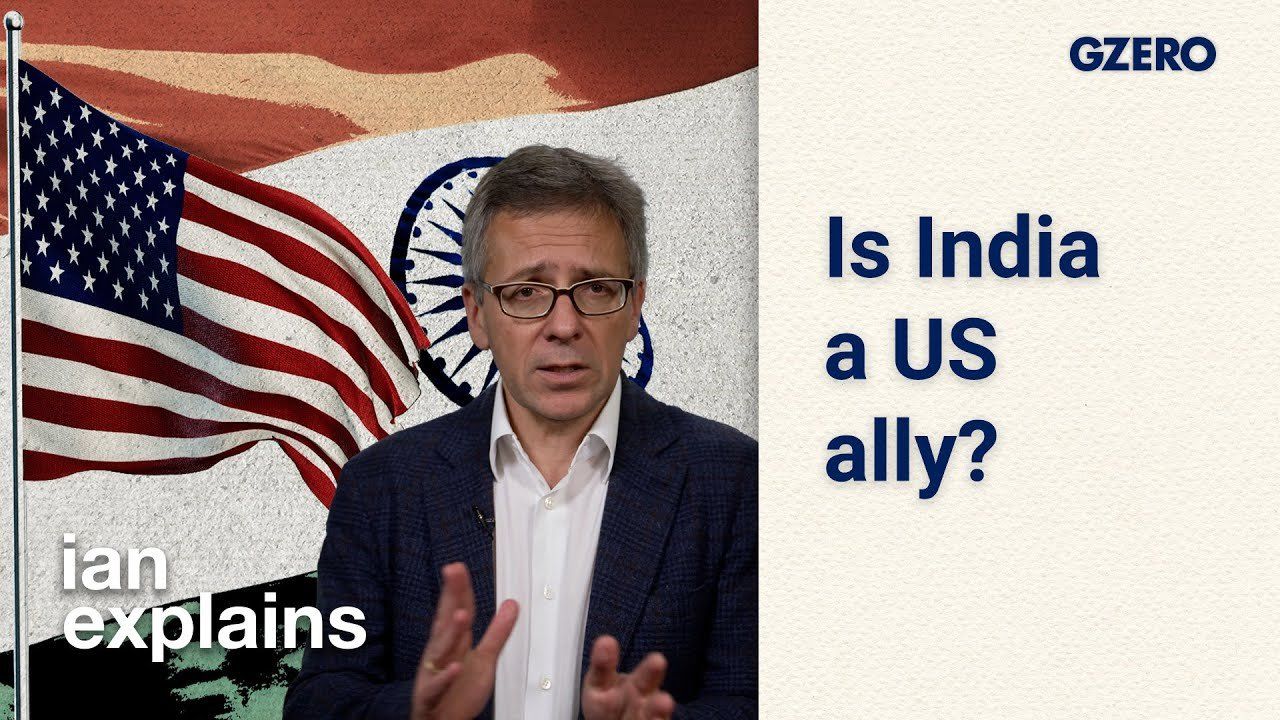
Whose side is India on? Well, it's complicated. Based on the plushest of red carpets that President Biden rolled out for the Indian Prime Minister Narendra Modi during his White House visit in June, one might think the two were the closest of allies. But India has a long history of what it used to call "strategic non-alignment" and now refers to as "multilateralism."
After enduring a century of British colonial rule, it’s understandable that Indians would bristle at being told to enter the fold of one global alliance or another, especially when one side includes their former colonizer. And Indians feel they shouldn’t have to hide behind anyone. This behemoth of a nation just overpassed China to become to most populous country on earth and its rapidly growing economy could overtake Germany and Japan’s within this decade.
The sustainability of that stance has been severely tested, however, in the wake of Delhi's refusal to explicitly condemn Russia's invasion of Ukraine, and critics argue that it's long past time for India to pick a side.
Watch Ian Explains for the full breakdown, and for more on India, watch GZERO World with Ian Bremmer on US public television and at gzeromedia.com/gzeroworld.